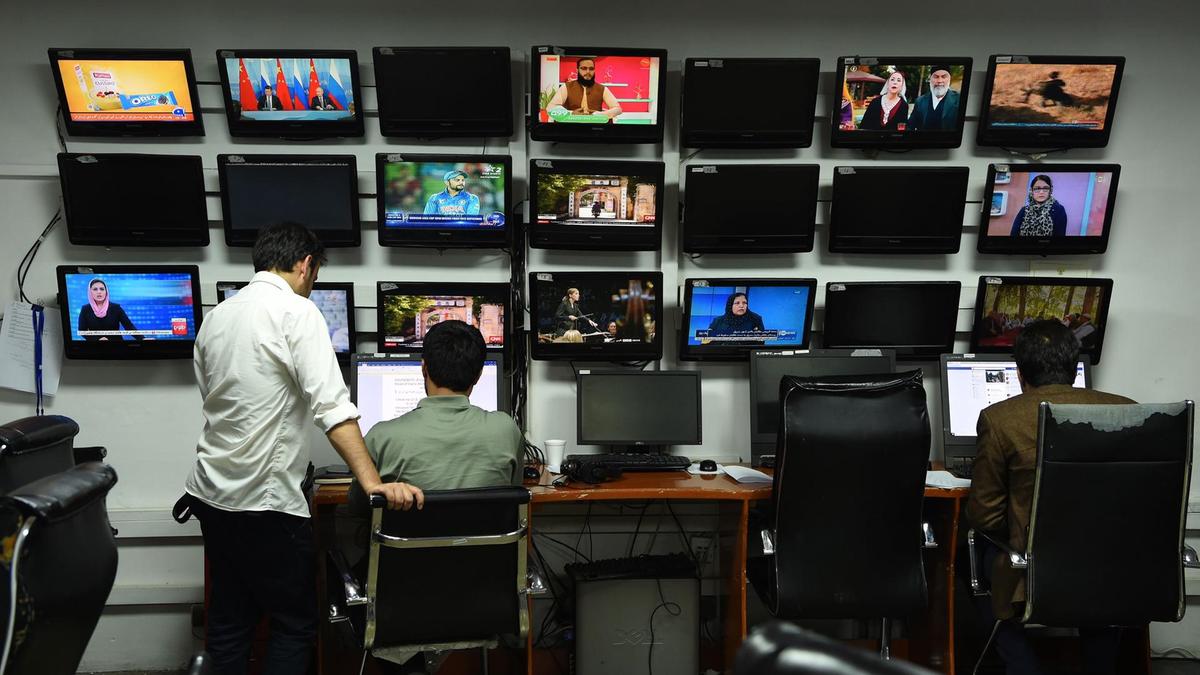Events
Conferences, talks & workshops for PGRs
- This event has passed.
BCMCR Media and Place Research Seminars
December 2, 2020 @ 4:00 pm - 5:30 pm

BCMCR Research Seminar – Media and Place: Communities and local economies – projects in development
1600-1730 Wednesday 2 December
Online event: Please register on Eventbrite at this link; the online meeting link will be emailed out to those who sign up.
In this session, we will present two projects in development exploring issues around communities and local economies.
Beyond integration: Convivial relations between refugees and host communities in Brazil, Trinidad & Tobago, Turkey and Uganda
Apak Kerem Altıntop (Istanbul University)
Dr. Rachel-Ann Charles (BCU)
Prof. Kirsten Forkert (BCU)
Dr. Maria Rovisco (University of Leeds)
Assoc.Prof. Dr. Özgün Erler Bayır (Istanbul University)
Our presentation will explore alternative approaches to refugee-host community relations which go beyond ‘integration’, and the unequal power relations which position refugees as burdens or objects of charity, and host communities as charity providers. We are proposing ‘conviviality’ as both a normative concept and a methodological approach, and will discuss how we are planning on deploying it in our proposal for a collaborative research project. Conviviality was theorised by Paul Gilroy to refer to ‘processes of cohabitation and interaction that have made multiculture an ordinary feature of social life’ (2004, xi), and a sense of being at ease with multiculture rather than feeling threatened by it. Convivial culture can occur in a range of settings where different ethnic groups mix with each other and manage cultural difference (Neal, Bennett, Cochrane, Mohan, 2013: 315). Conviviality can help us understand artistic interventions into forced migration and asylum issues that aim for healing, empathy, and reflexivity (Ong and Rovisco 2019). On a methodological level, participatory art-based methods in research can help to “move beyond stereotypical dichotomies” in which migrants are either represented as victims or as heroes (Erel, O’Neill, Kaptani and Reynolds (2019). We will discuss how we are approaching conviviality in our project, and the possibilities and challenges we will face on the ground.
Hyperlocal media and local economies
Dr Jerome Turner, BCU
Dr Caroline Chapain, University of Birmingham
Microbusinesses (of 0-9 employees) such as self-employed freelancers, entrepreneurs, crafter-makers, tradespeople and labourers constitute 95% of UK registered businesses, and are key to the provision of services and products at an everyday neighbourhood level. Many businesses don’t run ‘shop front’ premises, but rather operate or at least draw much of their customer base from the Internet, even more so during lockdown conditions. With the increasing use and availability of social media platforms such as Facebook, Twitter and Instagram, it is hardly surprising that microbusinesses use them to engage with their customers. As part of this online practice, many microbusinesses engage with their customer base via citizen-led local Facebook Groups and Pages, which constitute a large part of what we sometimes call ‘hyperlocal media’. Such spaces are valuable to microbusinesses, but also risky; they are enabled to represent themselves there, but the resident participants also demonstrate agency in being able to request business recommendations and talk openly about businesses. This project therefore explores what happens at the intersection of microbusinesses operating within hyperlocal media spaces, and what this means for the neighbourhood, local identity, placemaking, and local economies. This presentation explores the context of this bid under development, as well as setting out the empirical methods and variety of resulting outputs.